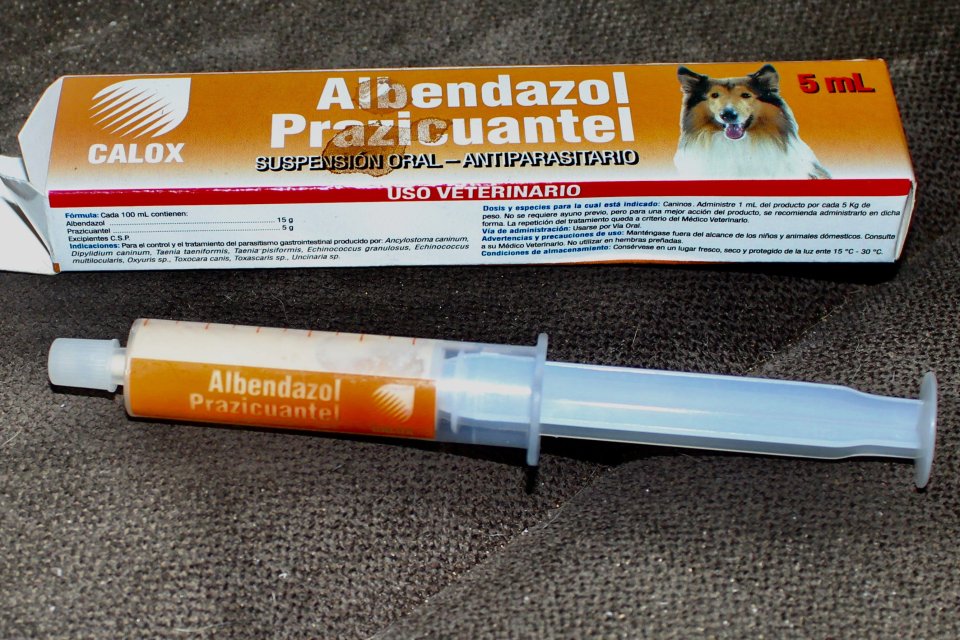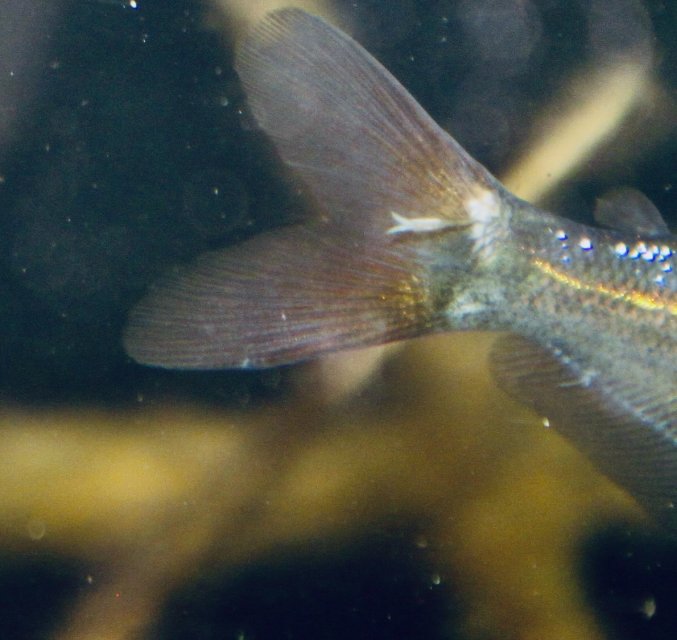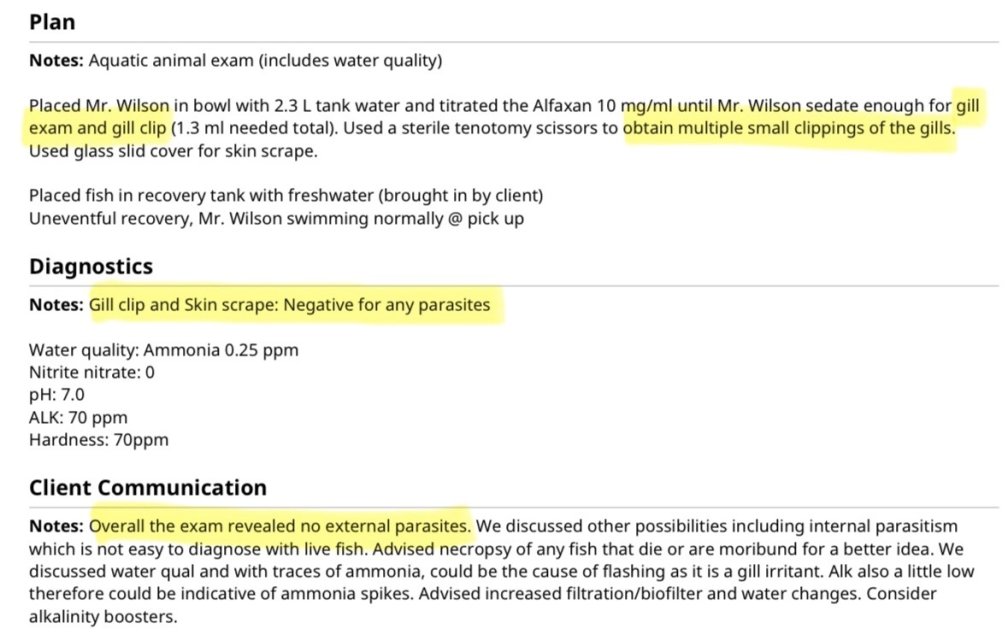Agree with phreeflow.
With a pH that low, its no surprize frontosa are flashing,
and your 70ppm hardness is less than 1/3rd what frontosa would require
A normal Tanganyika water hardness is 16 dKH (equivilent to about 285 ppm in hardness)
Lake Tanganyika is characterized by its very hard and basic (alkaline) water. The pH typically ranges from 8.6 to 9.4, while the carbonate hardness (dKH) is higher than the general hardness (dGH), ranging from 16-18 °dKH and 10-11 °dGH respectively. This unique water chemistry supports a diverse range of cichlid species adapted to these conditions.
With a pH that low, its no surprize frontosa are flashing,
and your 70ppm hardness is less than 1/3rd what frontosa would require
A normal Tanganyika water hardness is 16 dKH (equivilent to about 285 ppm in hardness)
Lake Tanganyika is characterized by its very hard and basic (alkaline) water. The pH typically ranges from 8.6 to 9.4, while the carbonate hardness (dKH) is higher than the general hardness (dGH), ranging from 16-18 °dKH and 10-11 °dGH respectively. This unique water chemistry supports a diverse range of cichlid species adapted to these conditions.





